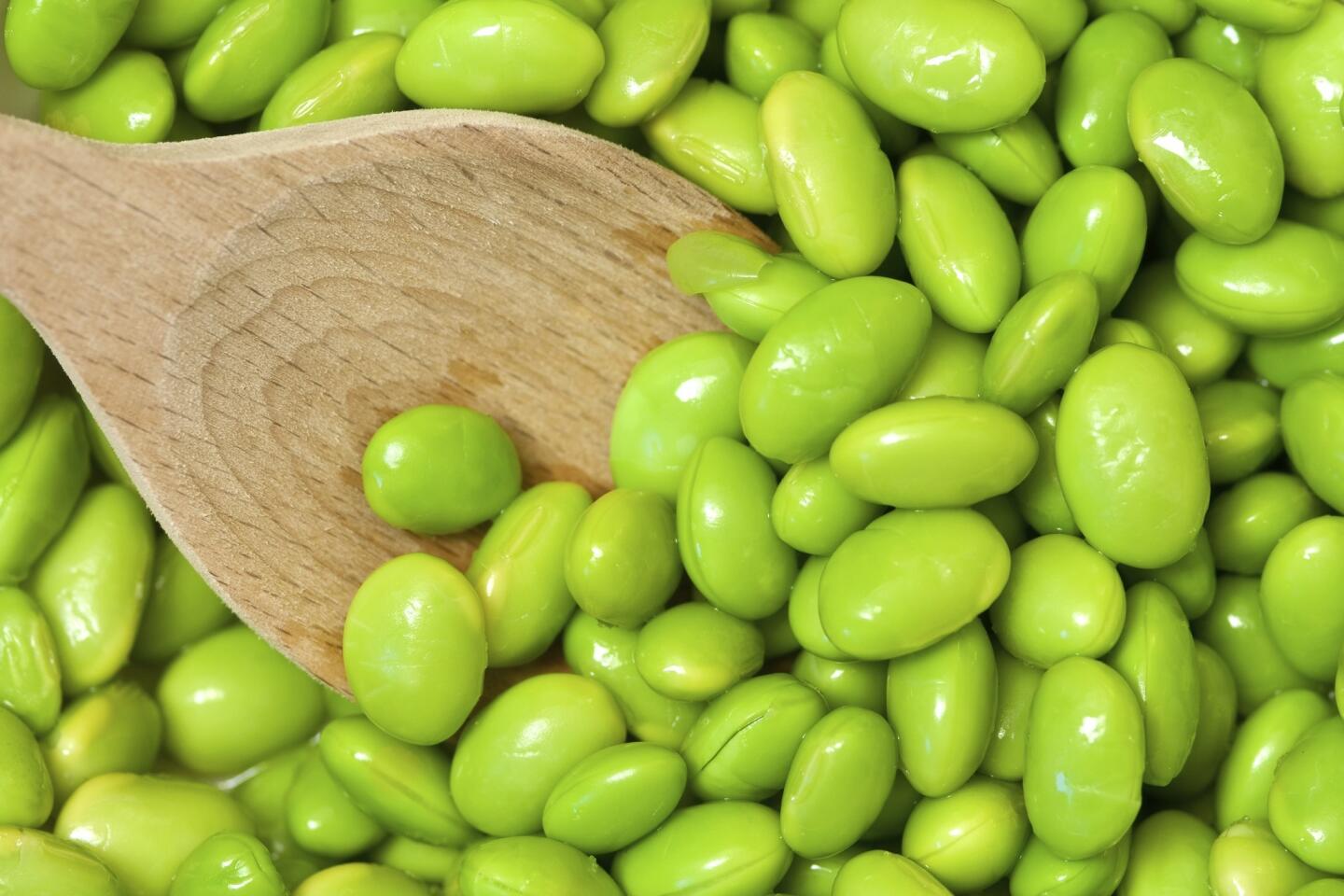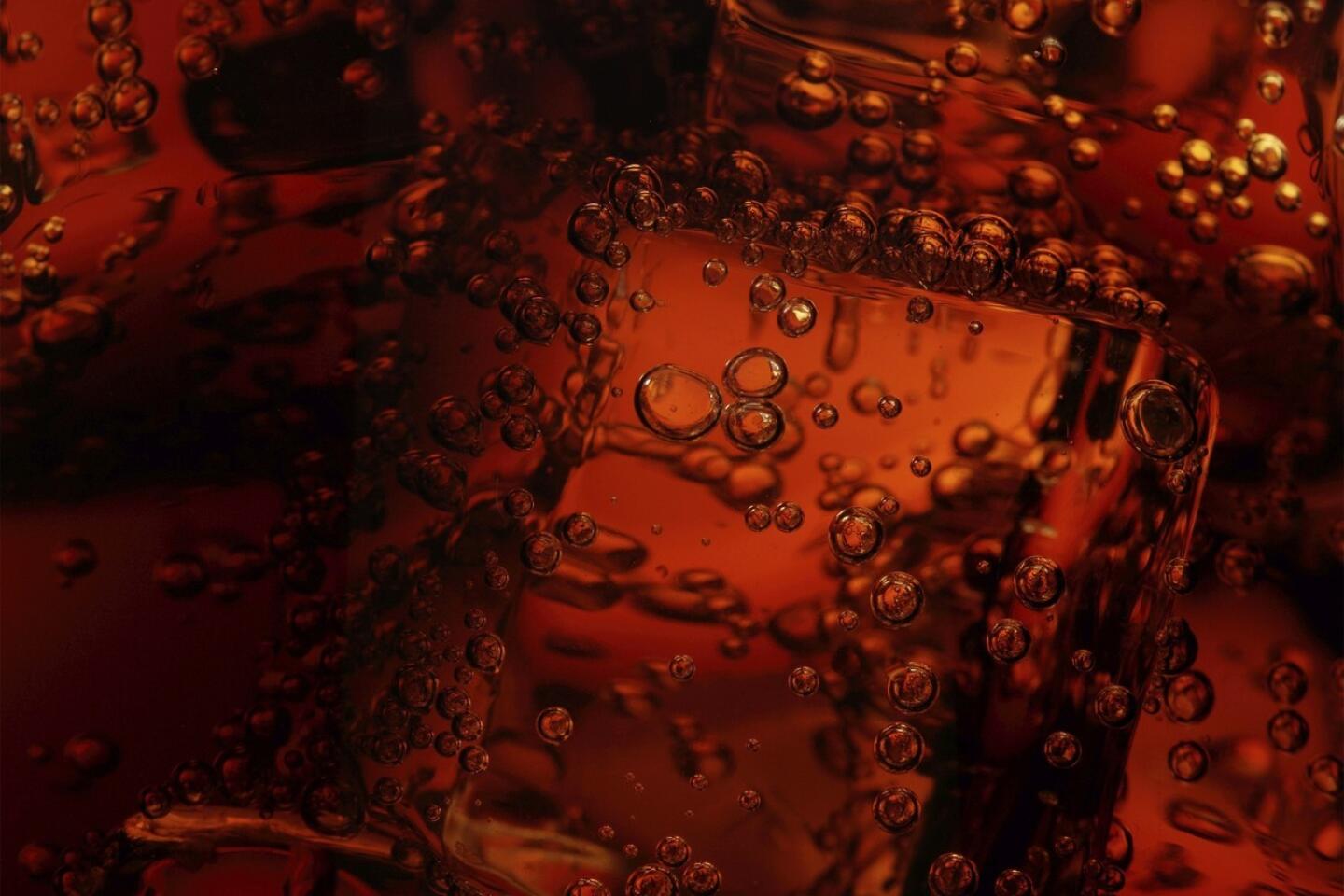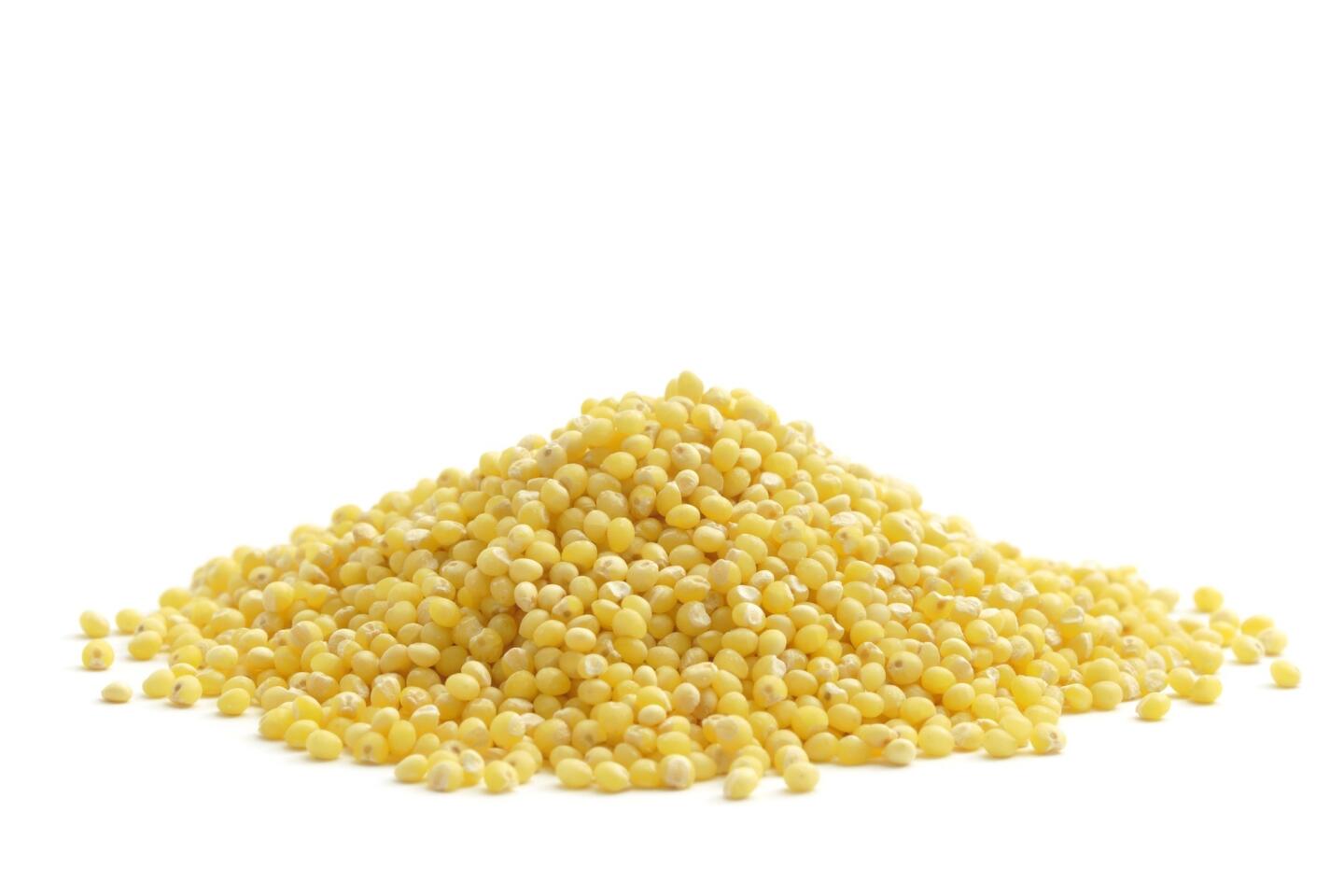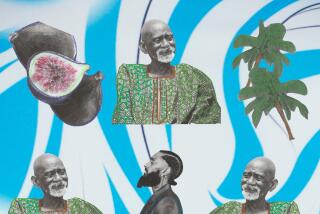Alkaline diet claims get sour response from doctors
- Share via
In cookbooks, health food stores and alternative health clinics, the word is getting out: Acid is the latest dietary villain.
It’s not necessarily the acid in foods like tomatoes and lemons that supposedly cause the trouble. Instead, a growing number of people claim that meats, wheat, soda, coffee, alcohol and processed foods of all sorts produce acid in the body after they’ve been digested. The acid, in turn, is said to fuel health problems including arthritis, obesity and cancer.
Naturally, there’s an antidote for all of that acid. Proponents of the so-called alkaline diet claim you can stay healthy simply by eating at the other end of the pH spectrum. The diet is based on the belief that fruits, vegetables and grains including millet and barley can ward off health problems by making the body less acidic and more alkaline.
There’s no doubt that replacing burgers and potato chips with fruits and vegetables is good for you. But some experts say that the theory behind alkaline diets doesn’t jibe with basic facts about nutrition and physiology. “It’s good advice based on a bogus premise,” says David Heber, professor of medicine and chief of the department of clinical nutrition at UCLA. As he explains, the body carefully controls its acid balance after every meal. “No matter what you eat, the pH of your blood is going to stay the same.”
Such doubts haven’t done much to slow a growing industry based on alkaline eating. “I get plenty of challenges from doctors,” says Vicki Edgson, a London-based nutritional therapist and coauthor of the cookbook “Eating the Alkaline Way.” “They wonder where I’m getting my information.” Undaunted, Edgson says that an alkaline diet can help fight a wide range of illnesses. Many of her clients, she says, have been able to stop taking medicine for diabetes, arthritis and other ailments. “I’m not saying the diet is a cure for arthritis,” she adds, “but if you give the body what it responds best to, it works phenomenally.”
The cookbook includes many recipes for indisputably healthful meals — Edgson says she’s especially fond of the quinoa and cranberry burgers — along with some questionable assertions. Among other things, the book says that humans have a hard time digesting meat, a claim that Heber and many other nutrition experts say is untrue. “As I often tell my vegetarian friends, people are omnivores,” Heber says.
“Eating the Alkaline Way” also offers a handy chart that identifies foods and beverages as either very acid-forming, mildly acid-forming or alkaline. Some foods that generally have a healthy reputation — including kidney beans, yogurt and chickpeas — land in the acidic category. The roster of supposedly alkaline options includes soy beans, lemons, tomatoes, olive oil, raw goat’s milk and apple cider vinegar.
The book doesn’t provide sources for this information, although Edgson says some of the material came from “The pH Miracle,” a book by Shelley Redford Young and Robert O. Young first published in 2002.
Supplement companies have joined in the alkaline craze. Take, for example, Smooth 8 Purify Water Drops, a highly alkaline (purported pH of 9.9) liquid suspension of potassium and magnesium that, according to the website, “neutralizes body acidity” and “helps flush acid and toxins from the body.” Users are instructed to add 10 to 20 drops of Smooth 8 to any beverage.
Smooth 8 founder Keven Suttle says that an alkaline body is a healthy body. “Disease can’t live in an alkaline environment, but they thrive in acid.” Suttle says that acid-causing foods lead to obesity because the body puts on layers of fat to protect itself. He also says that many tumors can grow only in acidic environments.
Ian Robey, a research assistant professor at the University of Arizona Cancer Center, says that there’s some early evidence that large doses of alkaline substances, such as sodium bicarbonate, might be able to slow some cancers, at least in mice. But there’s a big difference between sodium bicarbonate and a so-called alkaline diet. And while he and other scientists are continuing to study how tumors respond to changes in pH, he cautions against jumping to conclusions. “I would be skeptical of anyone making outright claims that acidic foods promote cancer,” he says.
Heber says there’s a grain of truth to the claim that acids from foods can affect health. Diet can change the pH of urine, he says, and urine that’s too acidic can put a person at risk for kidney stones.
Taken together, the claims in favor of alkaline diets show “a misunderstanding of physiology,” Heber says. He finds the idea that people could slim down by alkalizing their bodies ridiculous. “It reminds me of [the novel] ‘The Road to Wellville.’ People will try anything to lose weight.”
More to Read
Sign up for Essential California
The most important California stories and recommendations in your inbox every morning.
You may occasionally receive promotional content from the Los Angeles Times.














